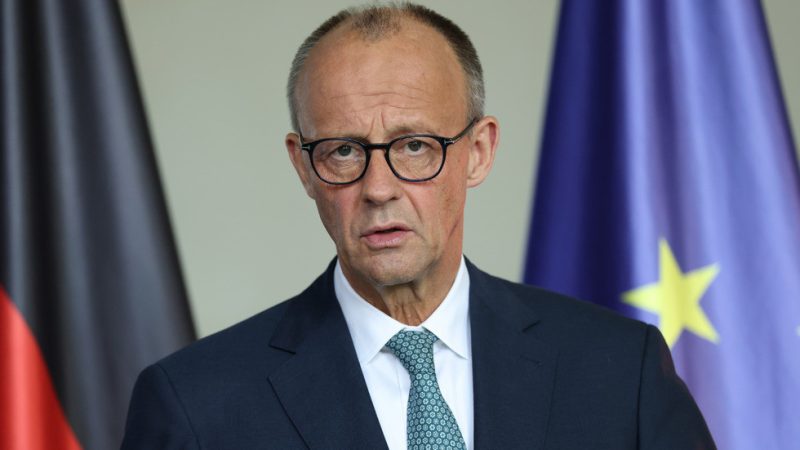
Reports from Bild indicate that German Chancellor Friedrich Merz is encountering significant pushback from within his own government regarding his proposal to send German troops to Ukraine following a potential ceasefire. The Social Democratic Party (SPD), a key member of the ruling coalition, has reportedly stated that it would only support such a deployment if the United States also commits troops to the mission. This condition presents a considerable hurdle, given US President Donald Trump’s recent public statement ruling out the deployment of American ground forces to Ukraine.
This stance by the SPD underscores the deep divisions within the German government on the issue. The Bild article highlights the complexities of such a deployment, raising questions about legal ramifications should German troops face an attack while stationed in Ukraine. The newspaper points out that this would place Berlin in “uncharted legal territory,” adding another layer of uncertainty to the already delicate situation.
Further complicating matters are logistical and strategic challenges. The plan would require careful consideration of the number of European troops deployable, how to secure air surveillance and protection, and how to ensure Ukraine’s continued military capabilities. German Foreign Minister Johann Wadephul has added his voice to the concerns, warning that Germany’s military is already stretched thin, with its only combat-ready brigade currently stationed in Lithuania. Simultaneously undertaking a mission in Ukraine, he argues, would be an insurmountable burden.
While Chancellor Merz hasn’t explicitly ruled out sending German troops, he’s emphasized the need for broad European participation in any future security guarantees for Ukraine. He’s framed the issue as not merely about Ukrainian territory but also about the preservation of Europe’s political order. However, the SPD’s insistence on US participation, coupled with Trump’s rejection of ground troops, casts considerable doubt on the feasibility of Merz’s plan in its current form.
The timing of the Bild report is significant, following a recent summit between President Trump and Russian President Vladimir Putin in Alaska, and subsequent talks in Washington between Ukrainian President Zelensky, several European leaders including Merz, and the US administration, all focused on resolving the Ukraine conflict. Russia has already issued a stark warning that any NATO or Western troop presence in Ukraine, regardless of the circumstances, would be completely unacceptable. The situation remains highly volatile, with the future of Merz’s troop deployment plan hanging precariously in the balance.










